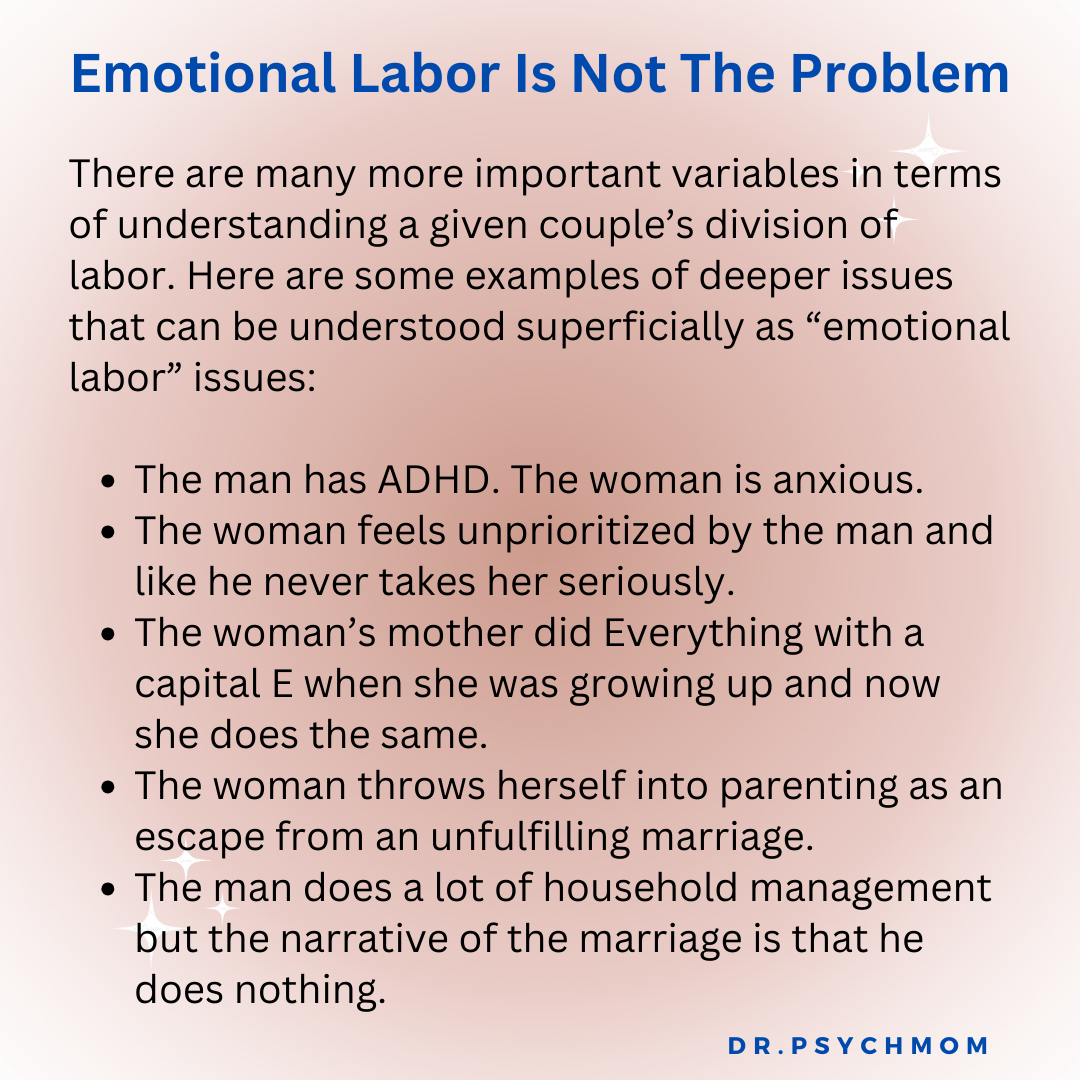Emotional Labor in Relationships: Distinguishing Support from Burden

A recent social media post by user "ourania, wife shaped shikse⁷" has ignited discussion around the nuanced concept of emotional labor within romantic partnerships. The tweet highlights a critical distinction: managing a partner's anger issues constitutes "emotional labor" that is "not fun and very stressful," contrasting it with the handling of "normal human emotions." This perspective underscores the evolving understanding of emotional labor beyond its traditional workplace context.
Emotional labor, a term originally coined by sociologist Arlie Hochschild in 1983, describes the process of managing one's own emotions and expressions to fulfill job requirements, often in service industries. However, its application has expanded significantly to encompass unpaid, often invisible emotional work performed in personal relationships and family life. This includes tasks like anticipating needs, mediating conflicts, and maintaining household harmony.
In relationships, emotional labor can involve a spectrum of activities. While providing empathy, comfort, and active listening are considered healthy components of mutual emotional support, the tweet suggests a boundary is crossed when one partner consistently manages the other's significant emotional dysregulation, such as anger problems. This type of one-sided emotional burden can lead to stress and emotional exhaustion for the partner performing the labor.
Experts note that healthy relationships involve reciprocal emotional support, where both partners contribute to each other's well-being and openly communicate their feelings. Conversely, emotional labor becomes problematic when it involves one person disproportionately taking responsibility for the emotional state of another, especially when dealing with unresolved issues like anger management. This can create an imbalance, where one partner's emotional needs consistently overshadow the other's, transforming support into a draining obligation. The discourse around emotional labor continues to evolve, prompting individuals to critically assess the emotional dynamics within their own relationships.